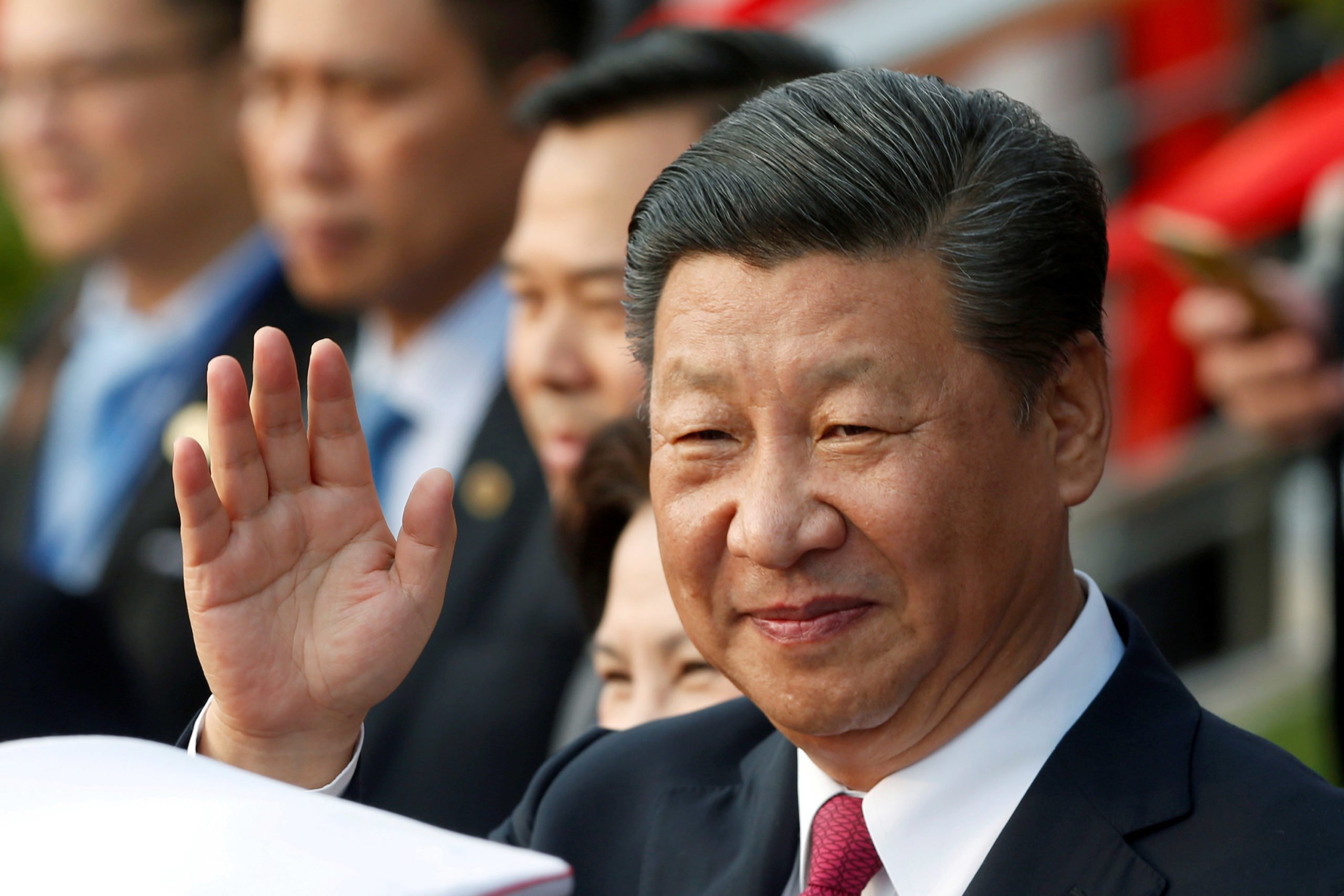How Xi Jinping’s Opposition Stacks Against Him

Since he abolished the term-limits for top posts, there is growing opposition against him, comprising students, intellectuals and party cadres. Can the president withstand it?
by Jayadeva Ranade
Xi Jinping is mentally tough and, as a “princeling”, has strong connections to the Party veterans. How his opposition fares depends on the middle and higher echelons of the Party and its veterans
There is growing turbulence in the political atmosphere in China. With the “Big Two” — as the plenary meetings of the Chinese People’s Political Consultative Conference (CPPCC) and the National People’s Congress (NPC) are known — scheduled for May 21 and 22 respectively, opposition to Chinese President Xi Jinping is visibly increasing.
The CPPCC and NPC plenums, held in Beijing each March but delayed this year due to the COVID-19 pandemic, will have almost 7,000 deputies and officials from across the country gathered to discuss and approve laws, the national budget anticipating the economic situation for the coming year, and the national defence and security budgets. Xi Jinping’s opponents appear to perceive this as an opportunity to widen the ambit of criticism and gather the assembled deputies’ support.
Criticism of Chinese President Xi Jinping and the Chinese Communist Party (CCP) sparked when Xi Jinping, in March 2018, abolished the term-limits for top posts, allowing him and others chosen by him to continue beyond the accepted retirement age. A large number of serving and retired party members and cadres who suffered during the violent cultural revolution decade, apprehending a return to the “one-man rule” of Mao Zedong, are opposed to it.
Other factors too contributed to the spread of dissatisfaction with the regime. Mishandling of the Coronavirus outbreak in Wuhan and the death of Doctor Li Wenliang, punished for making public the news of the Coronavirus, provoked a surge in public discontent and criticism. Add to that the instances of apparent subtle protest by some publications of provincial party organisations.
Criticisms centred mainly on the Party controlling everything; incrementally stringent and intrusive security controls; the pervasive Social Credit Management system which evaluates the loyalty and trustworthiness of each individual to allow or withhold benefits; expanding the Party’s surveillance; imposition of the Party ideology on educational institutions; undue centralisation of the authority; and discarding of Deng Xiaoping’s policy of “lie low, bide your time”.
The perception that the “China Dream” was slipping out of the leadership’s grasp was also growing because of the protest movements in Hong Kong, the re-election of the pro-independence Democratic Progressive Party (DPP) in Taiwan, and tensions in the South China Sea. A number of Party cadres, academics and officials in Chinese think-tanks privately blame Xi Jinping’s aggressive foreign policy for China’s growing international isolation and rapidly deteriorating relations with the United States (US).
The unemployed, whose number went up from around 20 million in 2019 to an estimated 70-80 million by March this year, and complaints by ex-People’s Liberation Army (PLA) personnel, added to the widening discontent. This has been exacerbated by the Coronavirus pandemic’s impact on China’s economy.
Despite Chinese President Xi Jinping’s exhortations to cadres since early February to resume production, the economic revival has been slow. Discouraged by government policies and the expansion of State-owned Enterprises (SoEs) into all sectors of the economy, prominent Chinese businessmen have publicly voiced complaints and, in late March, delivered a letter to Xi Jinping seeking reforms.
These included a call for the return to Deng Xiaoping’s policy of “lie low, bide your time”. Prominent Chinese economists have stated that unless the US and European economies start picking up, China cannot expect its economy to revive.
Amid this — and almost without precedent in communist China — people blamed the CCP and Xi Jinping. Many senior Party cadres, officials, intellectuals, academics, students and others have risked punishment to criticise Xi Jinping on their social media.
Intellectuals and Professors such as Xu Zhongrun, Xu Zhiyong, Zhang Xuezhong and Yu Linqi have demanded on WeChat that Xi Jinping step down. These posts have gone viral.
A major indication of a serious inner-Party discontent was seen in a March 22 WeChat report when “princelings”, the children of high-level veteran Party cadres, called for an “Emergency Enlarged Meeting of the Chinese Communist Party’s (CCP’s) Politburo” to discuss Xi Jinping’s replacement.
A May 5 essay in PLA Daily described the bleak economic and political situation as having reached a “high explosive point”, which foreign powers could use to provoke social upheaval. Concerned at the evolving situation, Xi Jinping established a new high-level “Small Group”, with nine of his loyalists as members to “prevent and crack down on activities that endanger the political security of the country.” He came down hard on Hong Kong, increased pressure on Taiwan, and enhanced China’s presence in the South China Sea.
Xi Jinping is mentally tough and, as a “princeling”, has strong connections to the Party veterans. His trusted loyalists occupy crucial powerful positions. He is unlikely to back-off quietly in the face of inner-Party opposition.
The new “Small Group” is a clear warning to opponents, “princelings” and Party veterans to fall in line. But whether they do so depends on the extent of the opposition in the middle and higher echelons of the Party and its veterans.
Jayadeva Ranade is a former additional secretary, Cabinet Secretariat, Government of India. Currently, he is president, Centre for China Analysis and Strategy




